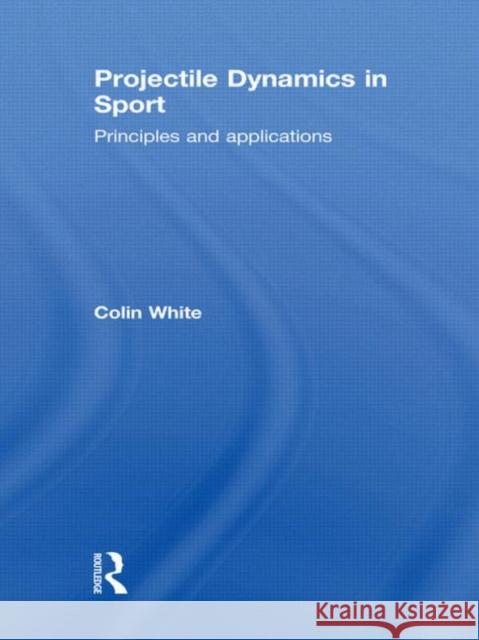Projectile Dynamics in Sport: Principles and Applications » książka
topmenu
Projectile Dynamics in Sport: Principles and Applications
ISBN-13: 9780415833141 / Angielski / Miękka / 2013 / 334 str.
Projectile Dynamics in Sport: Principles and Applications
ISBN-13: 9780415833141 / Angielski / Miękka / 2013 / 334 str.
cena 238,48
(netto: 227,12 VAT: 5%)
Najniższa cena z 30 dni: 216,55
(netto: 227,12 VAT: 5%)
Najniższa cena z 30 dni: 216,55
Termin realizacji zamówienia:
ok. 16-18 dni roboczych.
ok. 16-18 dni roboczych.
Darmowa dostawa!
- How can we predict the trajectory of a baseball from bat to outfield?
- How do the dimples in a golf ball influence its flight from tee to pin?
- What forces determine the path of a soccer ball steered over a defensive wall by an elite player?
- friction, spin, drag, impact and bounce
- computer and mathematical modelling
- variable sensitivity
- the design of sports equipment
- materials science.











